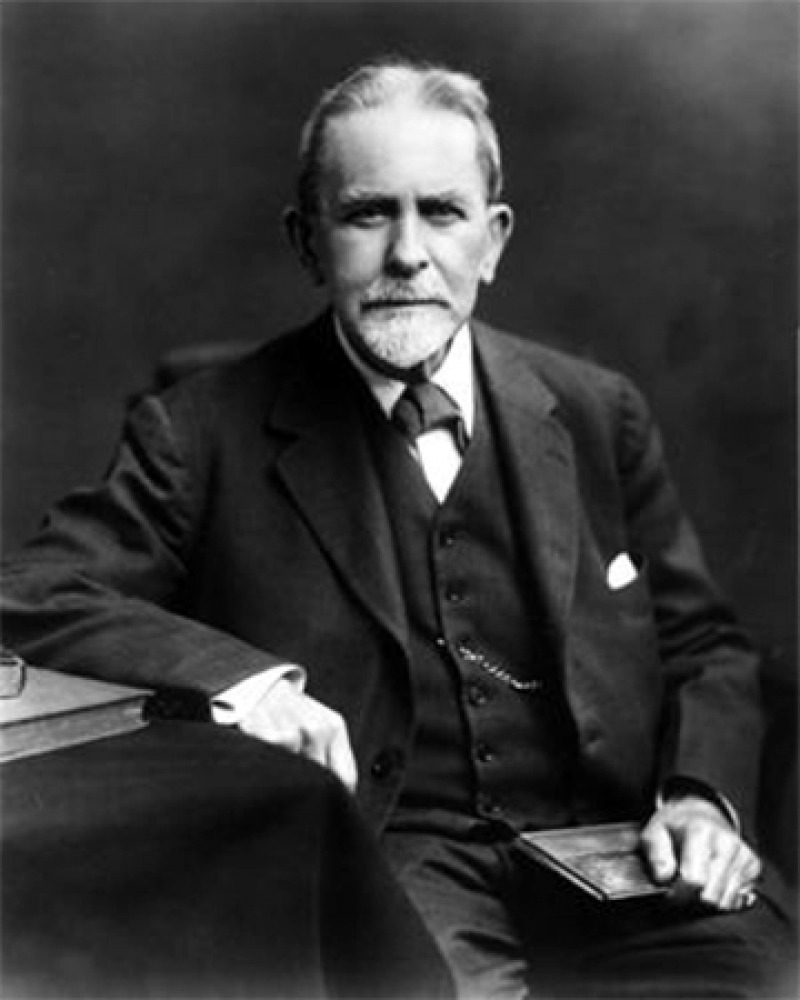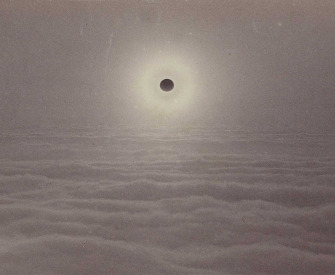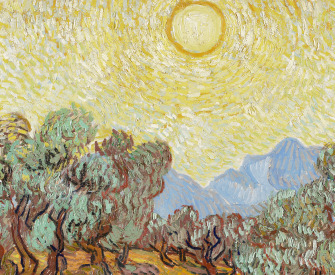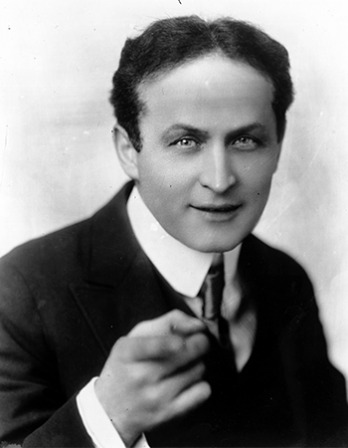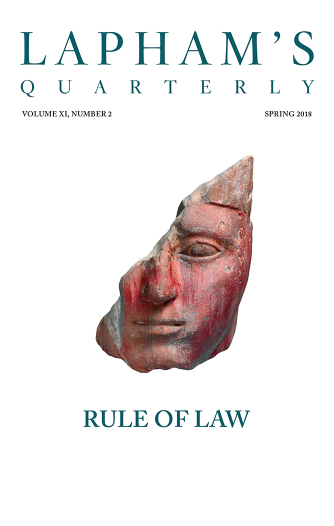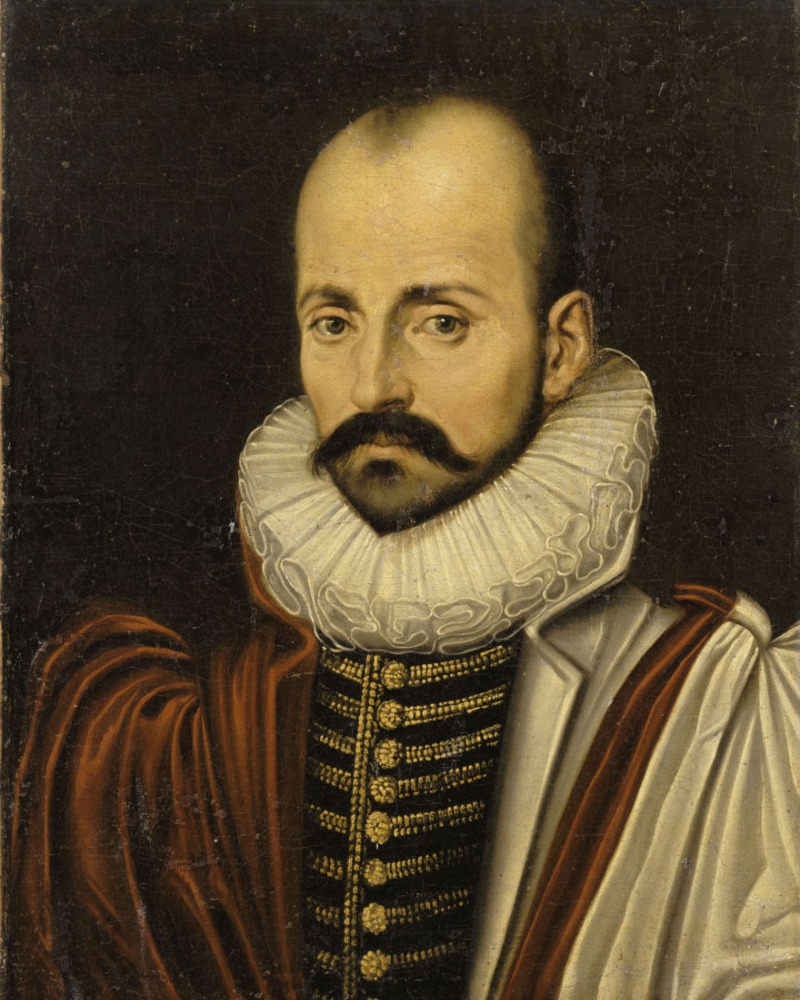
Michel de Montaigne
“Of Cripples,”
1580
“Of Cripples,”
Great abuses in the world are begotten, or, to speak more boldly, all the abuses of the world are begotten by our being taught to be afraid of professing our ignorance, and that we are bound to accept all things we are not able to refute: we speak of all things by precepts and decisions. The style at Rome was that even that which a witness deposed to having seen with his own eyes, and what a judge determined with his most certain knowledge, was couched in this form of speaking: “It seems to me.” I love these words which mollify and moderate the temerity of our propositions! “Peradventure; in some sort; some; ’tis said, I think,” and the like.
The witches of my neighborhood run the hazard of their lives upon the report of every new author who seeks to give body to their dreams. To accommodate the examples that Holy Writ gives us of such things, most certain and irrefragable examples, and to tie them to our modern events, being that we neither see the causes nor the means, will require another sort of wit than ours. It, peradventure, only appertains to that sole all-potent testimony to tell us, “This is, and that is, and not that other.” God ought to be believed, and certainly with very good reason, but not one among us for all that who is astonished at his own narration (and he must of necessity be astonished, if he is not out of his wits), whether he employs it about other men’s affairs or against himself. I stick to the solid and the probable, avoiding those ancient reproaches: “Men are most apt to believe what they least understand, and from the acquisitiveness of the human intellect, obscure things are more easily credited.”
